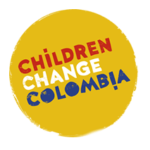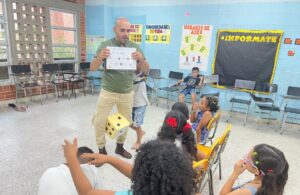Imagine someone treats you badly because of who you are, discriminates against you, attacks you, or denies you something you deserve. Now imagine staying silent, thinking, “That’s just how life is” or “There’s nothing you can do.” Wrong! In Colombia, young people ages 14 to 17 have rights protected by law, and they also have clear avenues to defend themselves if someone violates them.
Justice isn’t just for adults, or for “important people.” Justice is for you too. And here I’m going to teach you, in a practical way and without any twists and turns, how you can act if someone violates your rights. Because yes, you can report, you can demand, and you can make your voice heard. Let’s take it step by step!
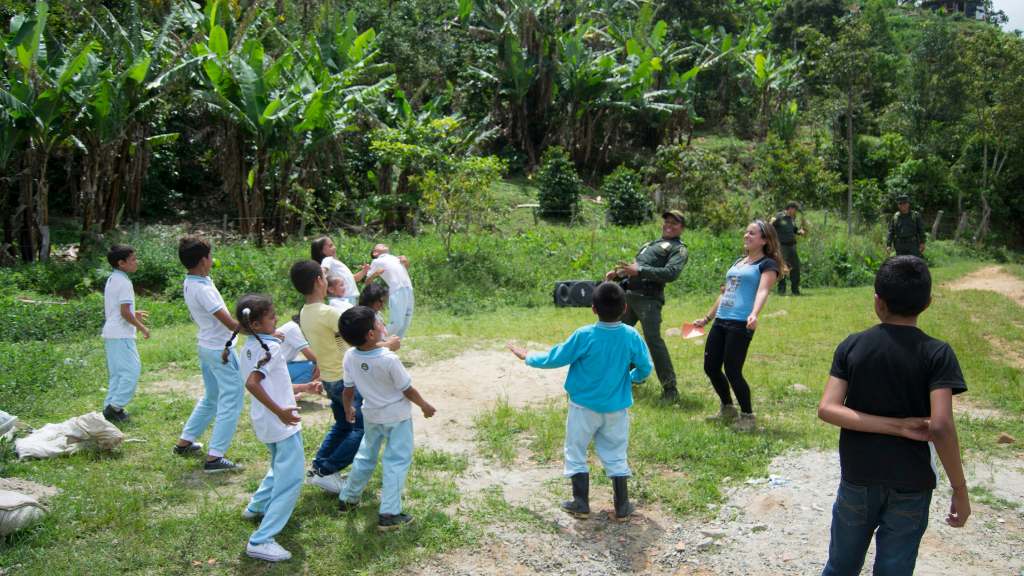
First things first: What are your rights?
Before discussing how to file a complaint, it’s key to know what you’re defending. As a young person in Colombia, you have rights such as:
- Right to life, physical and emotional integrity.
- Right to education, health and participation.
- Right not to be discriminated against based on your race, gender, sexual orientation, religion, or economic status.
- Right to live without violence (physical, psychological or sexual).
- Right to privacy and freedom of expression.
These rights are recognized in very serious regulations such as the Colombian Political Constitution, the Code of Children and Adolescents (Law 1098 of 2006), and international treaties.
Having someone violate them? That’s not “normal” or “your fault.” It’s illegal. And you have every right to defend yourself.
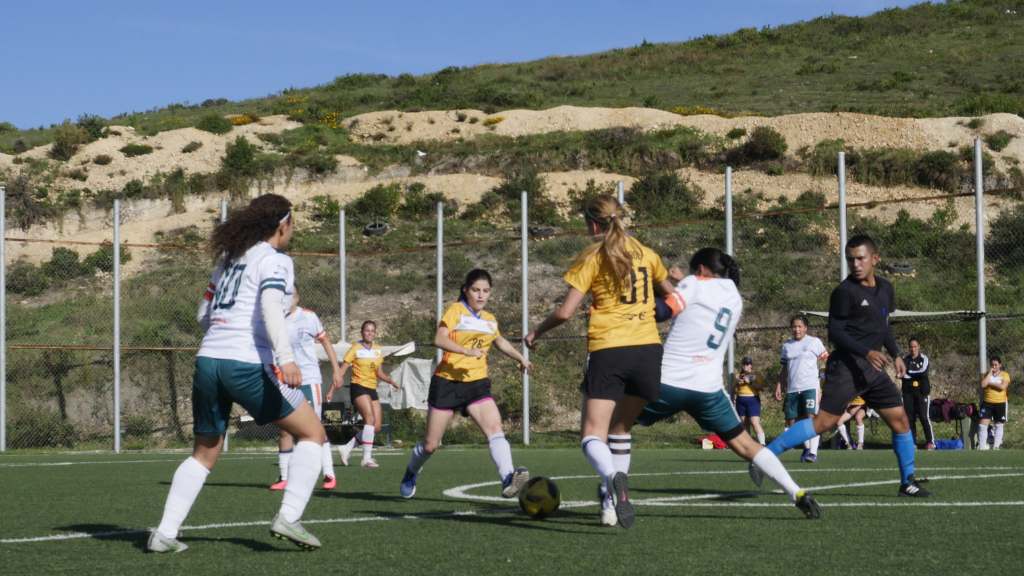
When and why should you report?
You must report when:
- They attack you physically or psychologically.
- You are suffering from sexual abuse or harassment.
- You are discriminated against because of your identity, race, disability, or any other reason.
- You are denied access to education, health care, or protection because you are young.
- They exploit you at work or force you to do things you don’t want to do.
- They threaten or intimidate you.
Reporting is not only a right; it’s also a way to protect yourself and others who might go through the same thing.
Reporting Routes: This is where your power begins!
I’ll present the main options available in Colombia. Choose the one that best suits your situation.

1. Family Police Stations
When to go?When you experience domestic violence, physical or emotional abuse by someone in your home.
What do they do?They can quickly protect you, issue protective measures, separate the aggressor, and ensure your well-being.
Where to find them?They’re located in the municipal mayor’s offices. You can easily search for them online by typing “Family Police Station + your municipality.”
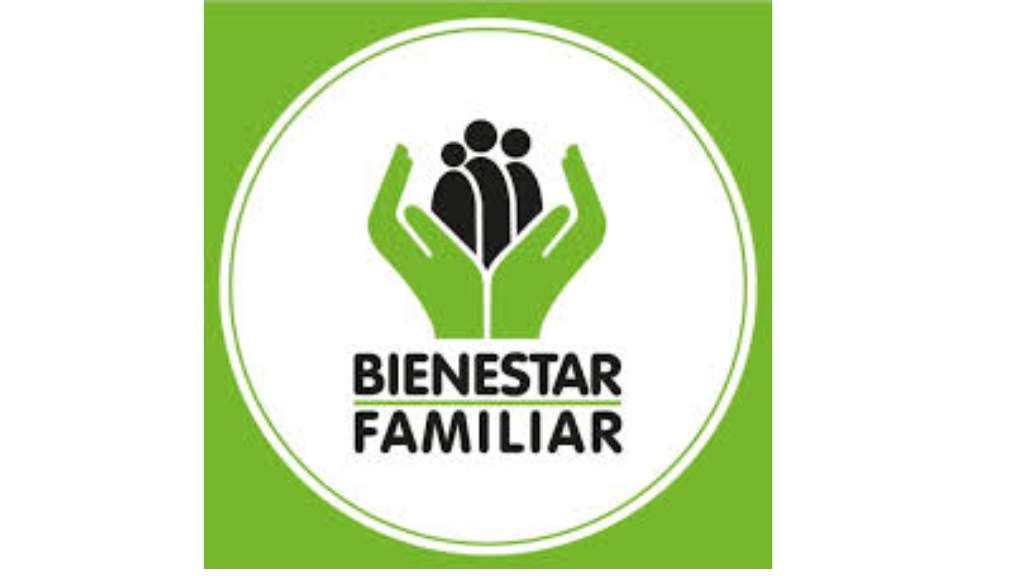
2. Family Ombudsman's Office (ICBF)
When to go?When your rights are being threatened or violated and you need special protection.
What do they do?You are assigned an advocate who will protect your rights and can initiate legal proceedings on your behalf.
Where?At the ICBF offices in your city or by calling toll-free number 141.
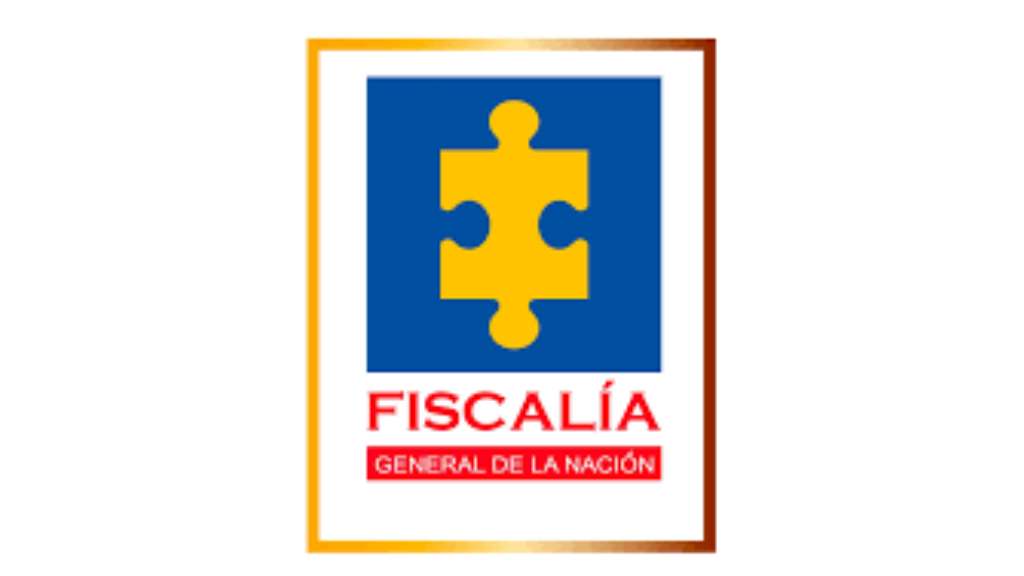
3. Attorney General's Office
When to go?If you are a victim of crimes such as sexual abuse, serious physical violence, threats, extortion, or human trafficking.
What do they do?They investigate the crime and bring the case before a judge.
How to report?
- Web page: www.fiscalia.gov.co
- Telephone line: 122
- In person at the URI or Victim Assistance Centers.
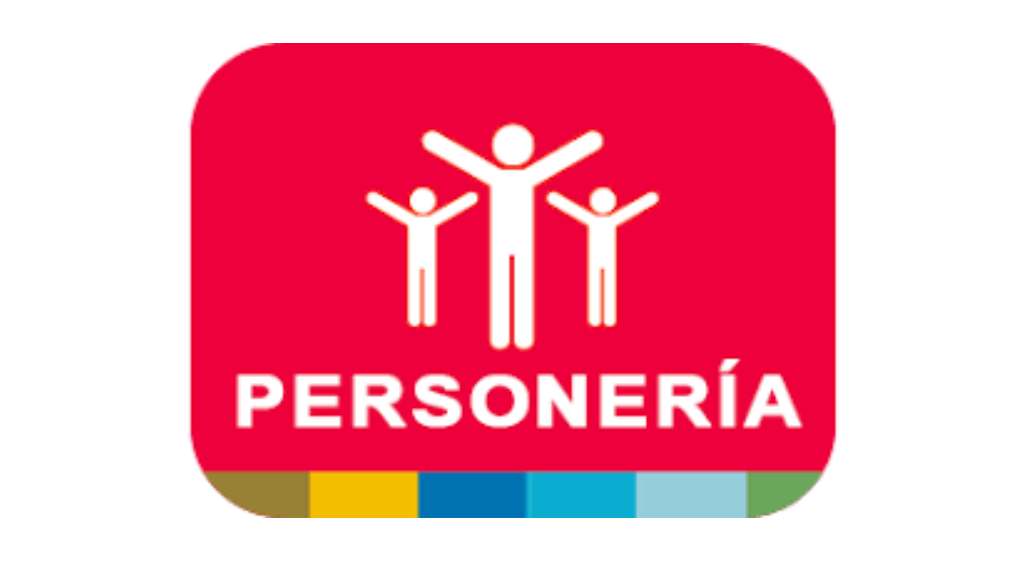
4. Municipal Ombudsmen
When to go?When you feel that a public entity does not respect your rights or if you see irregularities.
What do they do?They ensure the defense of human rights and can take legal action.
Where?At the town hall or government buildings in your municipality.
5. Digital platforms
Today, many reports can also be filed from a cell phone. Some options:
- “I Protect You” application (reporting violence, abuse, child exploitation).https://teprotejocolombia.org/
- Official networks of the Prosecutor’s Office and the ICBF.
Quick tips for reporting without fear!
- Speak clearly: Tell what happened, without omitting important details.
- Keep evidence: Messages, photos, recordings, witnesses.
- Seek support: A trusted adult may accompany you.
- Don’t feel guilty: The one who is wrong is the one who violates your rights, not you.
- Well, there is a queue.If they don’t believe you at first, keep trying. Your voice counts.
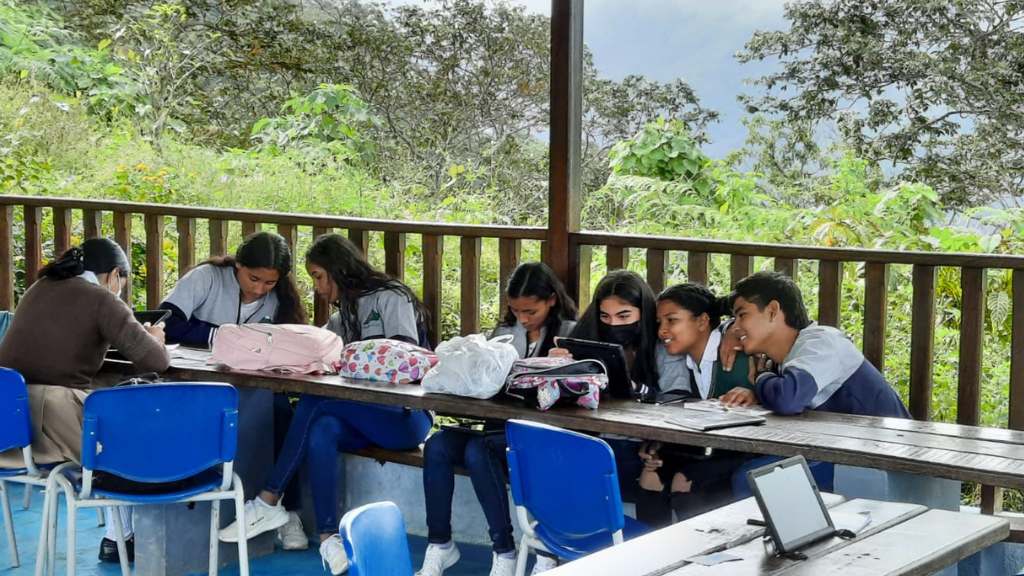
Your voice is powerful
Don’t let anyone tell you “you’re too young to understand” or “you don’t have the right to complain.” Your age isn’t an obstacle; it’s your strength. Big changes begin with small, courageous actions.
So if you ever feel your rights are being violated, don’t hesitate: take action. Use the reporting channels, seek support, and remember that you deserve to live free from violence, discrimination, and abuse.
Justice is for you too. You deserve to be heard!
Choose to be part of the change!
Written by : Juan Pablo Manjarres Varón – Teacher, Law student, and Certified Teaching Professional. Columnist and volunteer at Children Change Colombia, committed to the rights of children and adolescents and to strengthening education.
This blog post is a guest contribution. The views, thoughts, and opinions expressed in this article are those of the author and do not necessarily reflect the official position or policies of Children Change Colombia.
